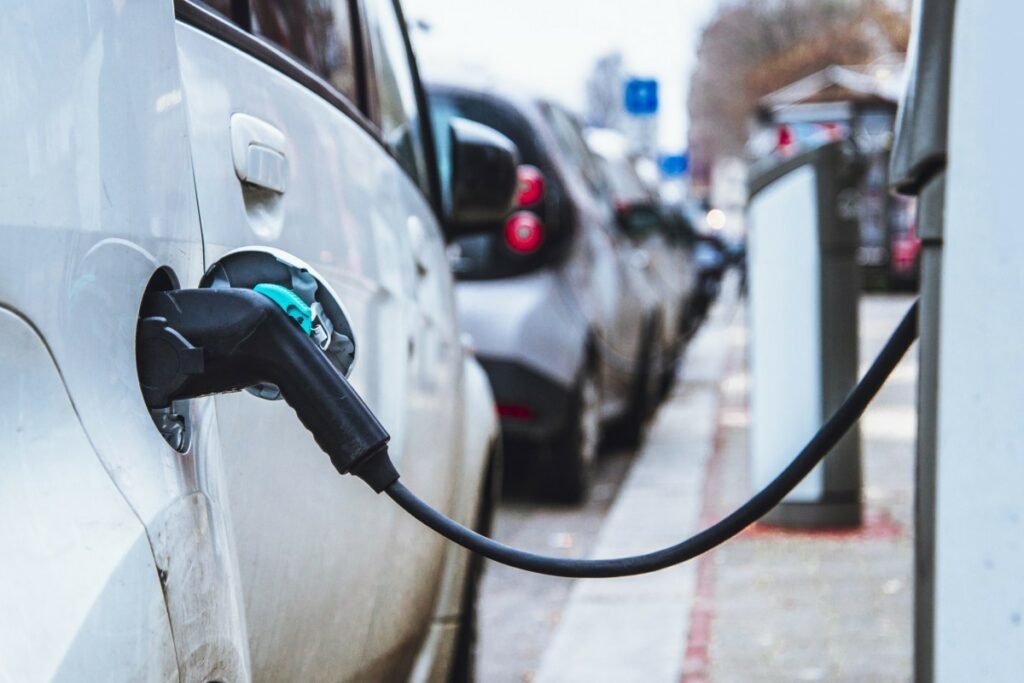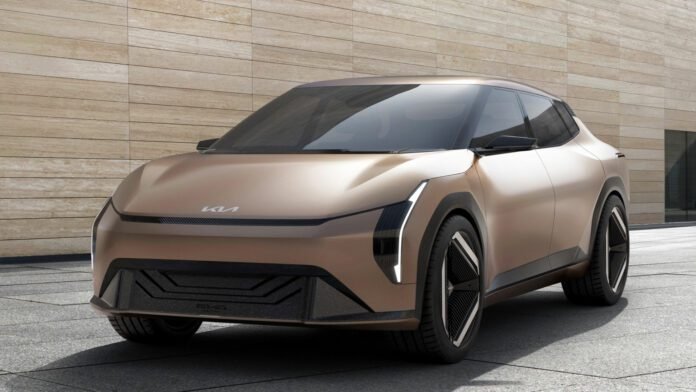The yearly lithium-ion battery pricing survey from BloombergNEF was published in 2023, and the results showed a significant change in the trajectory of EV battery prices. The sector has seen a spectacular 14% reduction in average battery pack prices, reaching a new record low of $139/kWh, following a turbulent 2022 defined by extraordinary price rises.
This article explores the main conclusions drawn from the survey, looks into the reasons behind the drop in price, and makes predictions about what lies ahead for battery pricing. We also look at the state of the electric vehicle battery market globally, highlighting the top five nations driving this revolutionary sector.
The Fall in Battery Prices:
Lower raw material and component costs are the main cause of the 2023 battery price decline. Production capacity has increased significantly in the industry in every aspect of the battery value chain. The overall cost of manufacturing has decreased as a result of the greater efficiency and economies of scale brought about by this capacity surge. Demand may not have reached industry estimates in spite of this reduction, indicating a possible discrepancy between production capacity and market acceptance.

Future Battery Price Trajectories:
In the near future, it is anticipated that battery prices will largely mirror the trajectory of raw material prices. In the long term, BloombergNEF predicts that battery pack prices will drop below $100/kWh by 2027, based on the learning rate seen in previous years. This prediction highlights the industry’s dedication to ongoing development and cost containment, opening up electric vehicles to a wider range of buyers.
To add to the optimism, Goldman Sachs projects that the cost of electric vehicle batteries would drop significantly, from 2022 levels to 40% lower by 2025. It is anticipated that this substantial decrease, from $165/kWh in 2022 to $99/kWh in 2025, will have a substantial effect on the total cost of manufacturing electric vehicles. The ramifications are significant: for electric vehicles equipped with a 50–100 kWh battery pack, the lower cost of the pack translates to savings of $3,300 to $6,600 per vehicle.
This anticipated cost savings is consistent with more general industry trends, which strengthens the resolve to increase the economic viability of electric vehicles. The decreasing cost of batteries makes it easier for people to purchase electric vehicles, which promotes a wider acceptance and use of environmentally friendly transportation options.

Global EV Battery Manufacture Landscape:
With over half of the global market share, China is the world leader in the manufacture of EVs and EV batteries. Still, interesting changes have been observed in the ranks. Germany and the United States came in second and third, respectively, with the United Kingdom and France coming in fourth and fifth.
China’s share of the worldwide market fell from 58% to 54% in Q3 2023, despite the country’s remarkable 16% increase in electric vehicle battery capacity. Germany and the United States, on the other hand, demonstrated notable increases in market share and production capacity. Both the UK and France saw positive development, with France having the greatest year-over-year gain of the top five nations.
Growth in Global EV Battery Production:
In 2023, the global market for electric vehicle batteries has grown significantly; in the third quarter, it increased by 39% when compared to the same period in 2022. In Q32023, the total output of EV batteries produced was 182.6 GWh, an increase of 11% from the previous quarter. The industry is growing quickly, as seen by the impressive 45% rise in production in the first nine months of 2023 compared to the same period in 2022.
In conclusion, the 2023 lithium-ion battery pricing survey points to a critical juncture for the development of electric vehicles. The drop in battery costs and the increase in electric vehicle battery production worldwide highlight this sector’s growth potential and resiliency. The electric vehicle sector is positioned for a future where sustainable mobility becomes not only practical but increasingly affordable to a wider population as economies of scale take hold, technology progresses, and global demand continues to climb.
Also Know: Krishak Bandhu Status 2023: Empowering Indian Farmers


